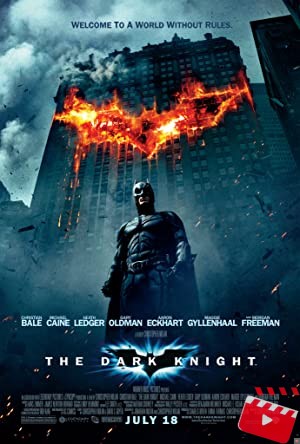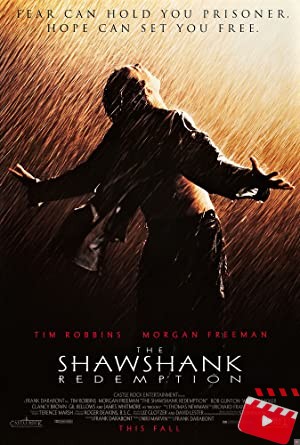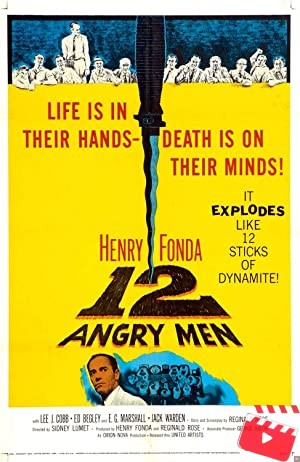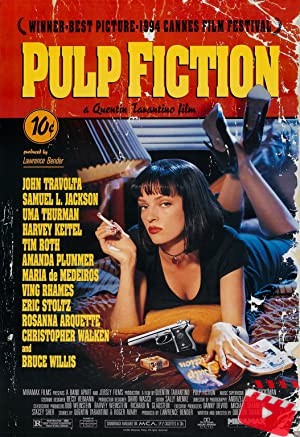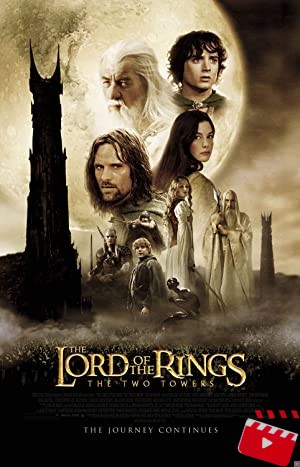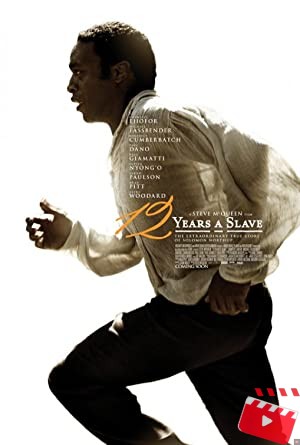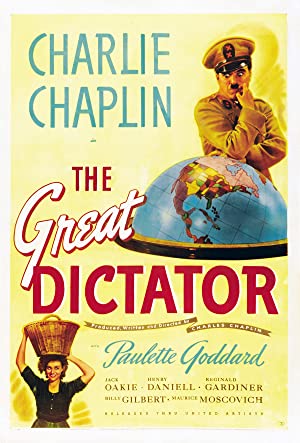
As someone who loves classic films, I recently watched The Great Dictator from 1940 and was blown away by the brilliance of Charlie Chaplin’s satirical masterpiece.
Firstly, the comedic timing of Chaplin is impeccable as he plays a dual role – a Jewish barber and a ruthless dictator modeled after Adolf Hitler. The physical comedy and facial expressions he uses to portray the contrasting characters ensure you will be laughing throughout the entire film.
But what makes The Great Dictator truly remarkable is its poignant message. Chaplin uses his platform to speak out against fascism and totalitarianism, warning of the dangers that lie ahead if we don’t stand up against it. The powerful speech at the end of the film is still relevant today and serves as a call to action for all those who oppose tyranny.
The supporting cast also deserves recognition, especially Jack Oakie as the comedic Mussolini-like character Napaloni. The sets and costumes transport you back to the 1940s and the score by Meredith Willson adds to the overall charm of the film.
Overall, The Great Dictator is one of the most important films of its era, showcasing Chaplin at his best and encouraging viewers to never forget the devastating effects of fascism. It’s a must-watch for anyone interested in the history of film or those who simply enjoy a good laugh with a powerful message.
Lesson about The Great Dictator
The movie The Great Dictator 1940 teaches us about the destructive effects of dictatorship and the importance of freedom and democracy.
The Best of The Great Dictator
- 1. Political and social commentary: The Great Dictator is renowned for its sharp political and social criticism. The movie openly mocks the rise of fascism and Nazism in Europe, and highlights the atrocities and human tragedies caused by these movements. The movie also highlights social and economic inequality, particularly in the context of the Great Depression, and the need for empathy and international cooperation to tackle these issues.
- 2. Masterful acting: The Great Dictator features some of the most iconic performances in cinema history. Charlie Chaplin is particularly noteworthy for his dual role as Adenoid Hynkel (a parody of Adolf Hitler) and a Jewish barber. Chaplin’s performance is both hilarious and heartrending, as he manages to evoke both laughter and empathy from the audience. Other actors, such as Paulette Goddard and Jack Oakie, also deliver nuanced and memorable performances.
- 3. Cinematic techniques: The Great Dictator employs a variety of cinematic techniques to heighten the impact of its message. The movie’s use of satire, slapstick comedy, and visual gags helps to engage the audience while also conveying complex political ideas. Similarly, the movie’s final speech, delivered by Chaplin’s Jewish barber, is an emotional and powerful plea for peace and unity, made all the more poignant by the character’s earlier struggles and the context of the time period. Additionally, the movie’s score, composed by Chaplin himself, is a masterful blend of music and satire, heightening the emotion and impact of each scene.
Week points of The Great Dictator
- 1. The film’s political satire can be heavy-handed and preachy, with Chaplin’s character delivering lengthy speeches that can come across as overly didactic and repetitive.
- 2. Some of the film’s comedic set pieces, such as the scene where the two soldiers dance with the inflatable globe, can feel dated and silly, detracting from the film’s more serious themes.
- 3. The film’s treatment of Jewish characters, particularly the little Jewish barber played by Chaplin, has been criticized for being overly sentimental and stereotypical, bordering on caricature. This has led some viewers to view the film as insensitive or even offensive.
Technical details of The Great Dictator
| Title | The Great Dictator |
|---|---|
| Year | 1940 |
| Rated | G |
| Released | 07 Mar 1941 |
| Runtime | 125 min |
| Genre | Comedy, Drama, War |
| Director | Charles Chaplin |
| Writer | Charles Chaplin |
| Actors | Charles Chaplin, Paulette Goddard, Jack Oakie |
| Plot | 20 years after the end of WWI, in which the nation of Tomainia was on the losing side, Adenoid Hynkel has risen to power as the ruthless dictator of the country. He believes in a pure Aryan state and the decimation of the Jews. This situation is unknown to a simple Jewish Tomainian barber who has been hospitalized since a WWI battle. Upon his release the barber, who had been suffering from memory loss about the war, is shown the new persecuted life of the Jews by many living in the Jewish ghetto, including a washerwoman named Hannah with whom he begins a relationship. The barber is ultimately spared such persecution by Commander Schultz, whom he saved in that WWI battle. The lives of all Jews in Tomainia are eventually spared with a policy shift by Hynkel himself, who is doing so for ulterior motives. But those motives include a desire for world domination, starting with the invasion of neighboring Osterlich, which may be threatened by Benzino Napaloni, the dictator of neighboring Bacteria. Ultimately Schultz, who has turned traitor against Hynkel's regime, and the barber may be able to join forces to take control of the situation, using Schultz's inside knowledge of the regime's workings and the barber's uncanny resemblance to one of those in power. |
| Country | United States |
| Awards | Nominated for 5 Oscars. 7 wins & 6 nominations total |

